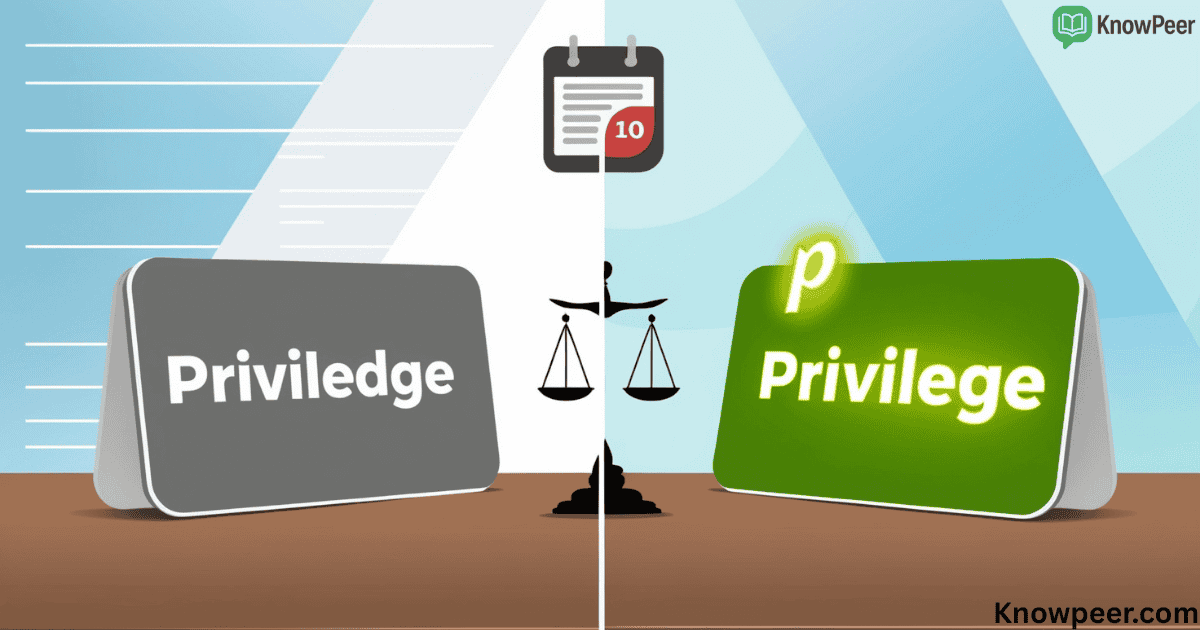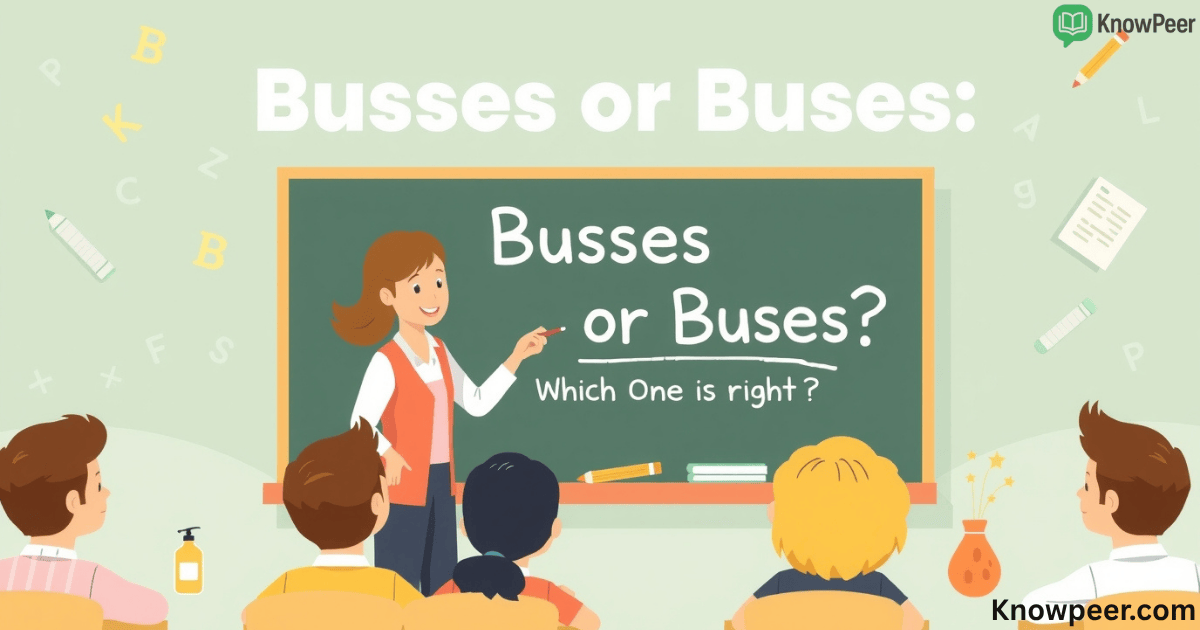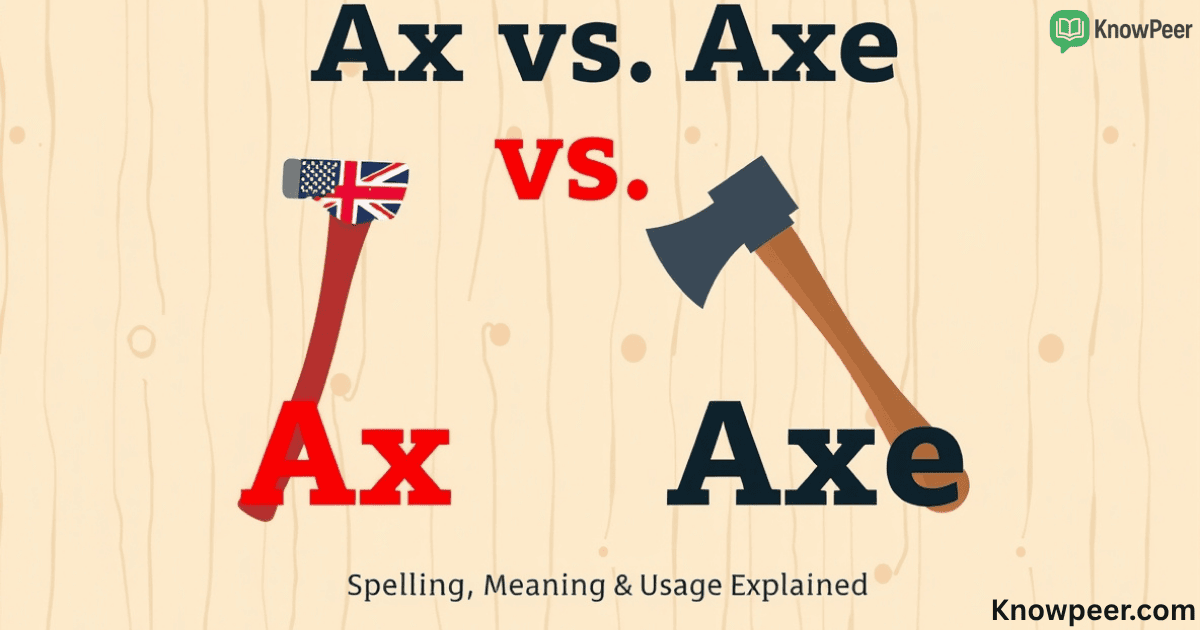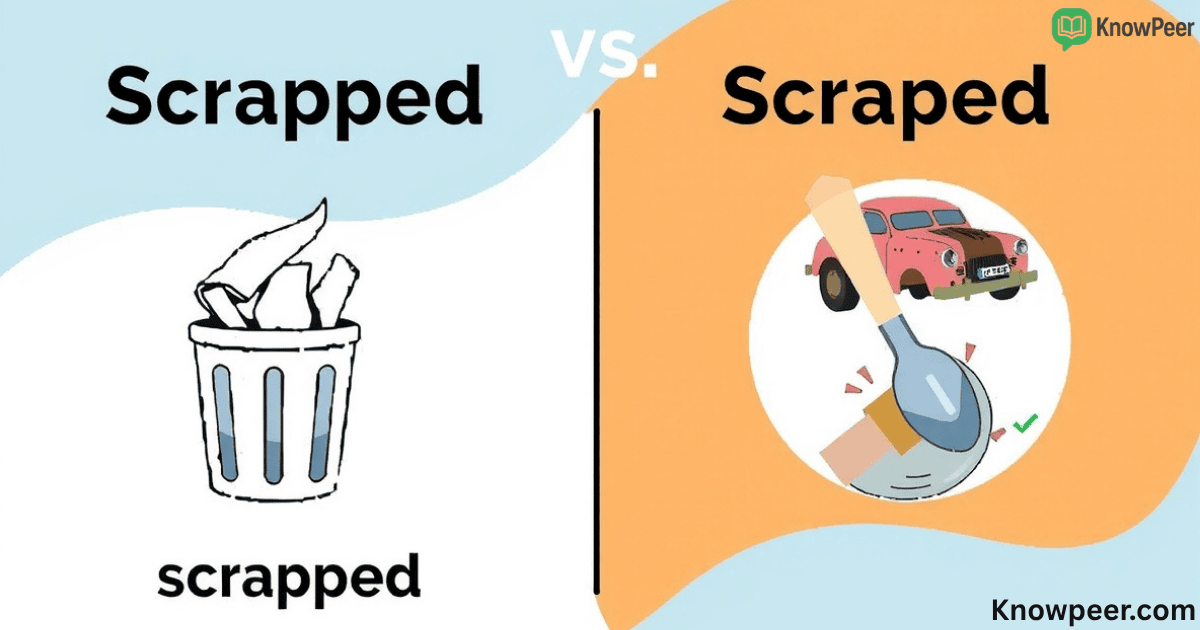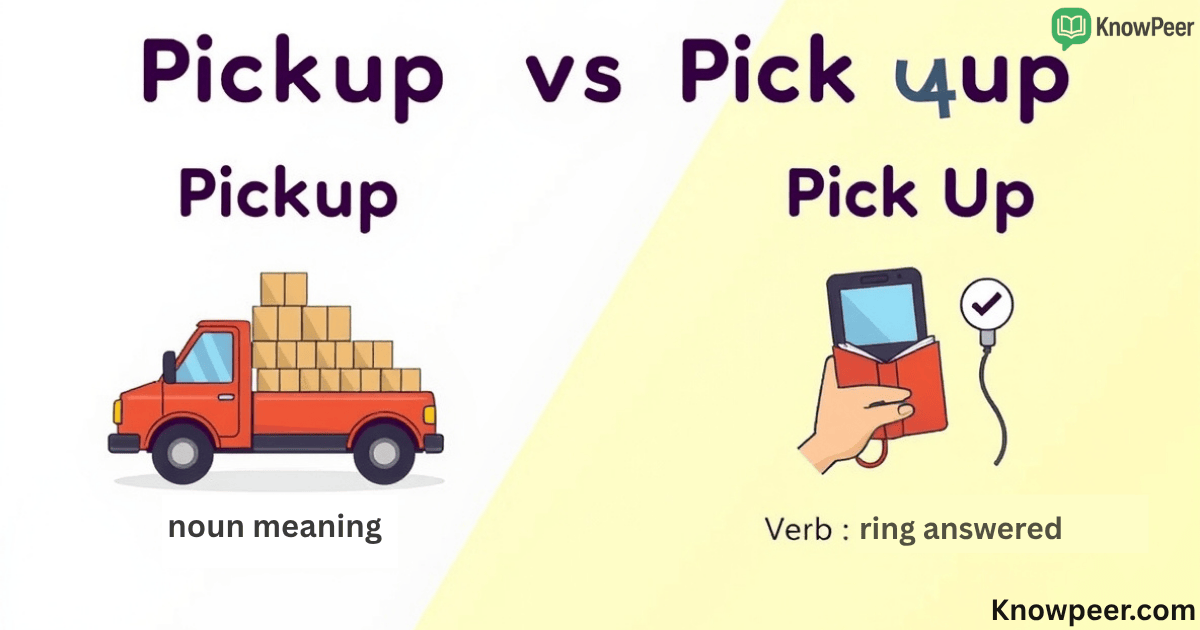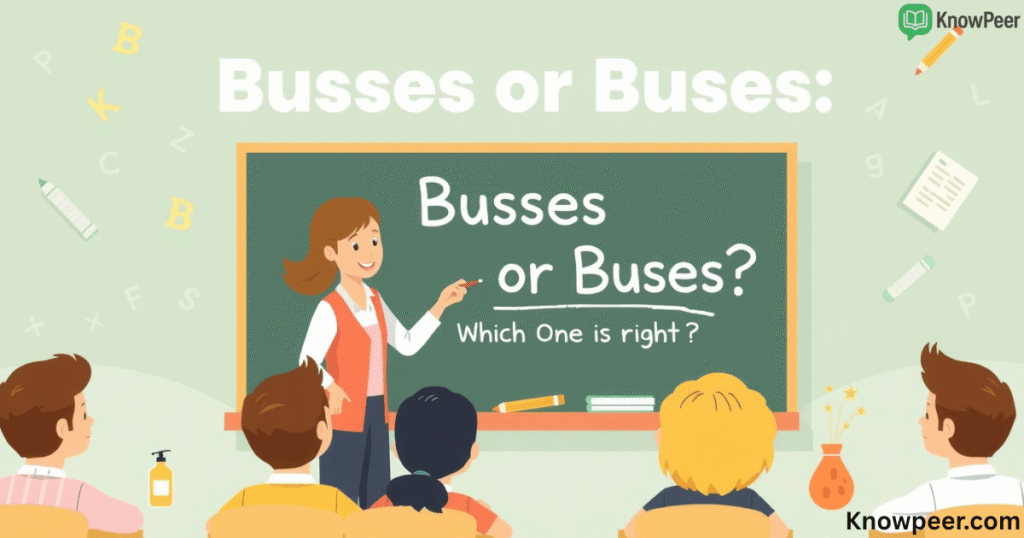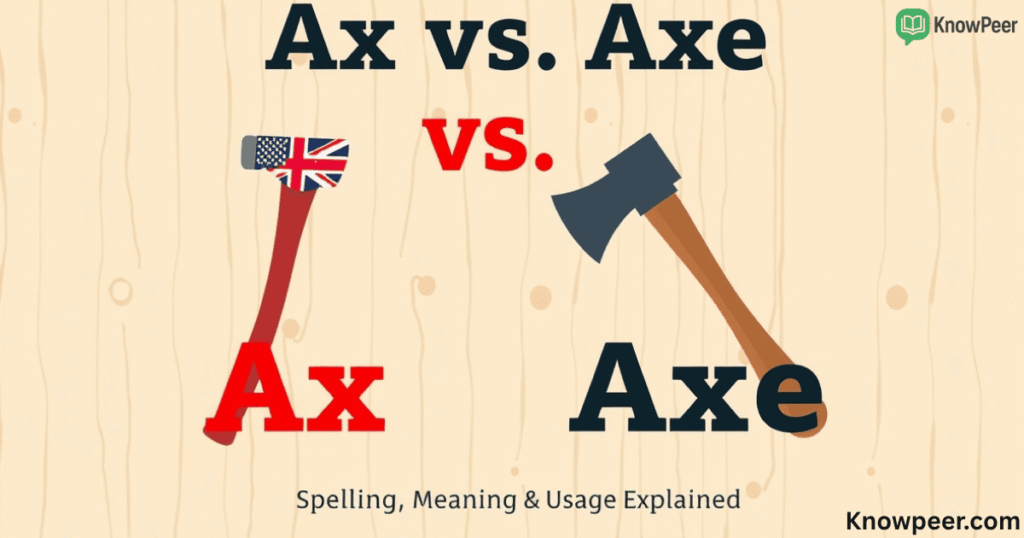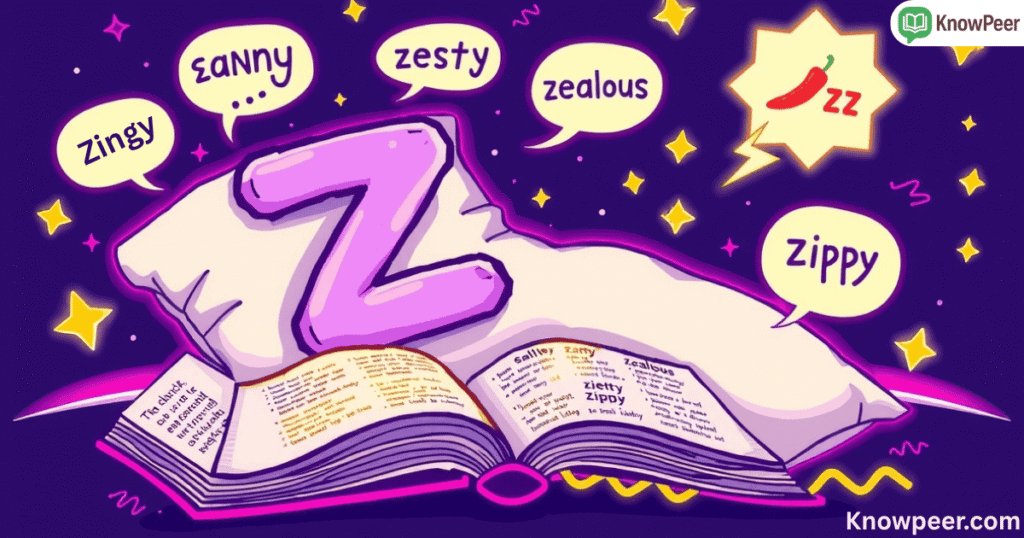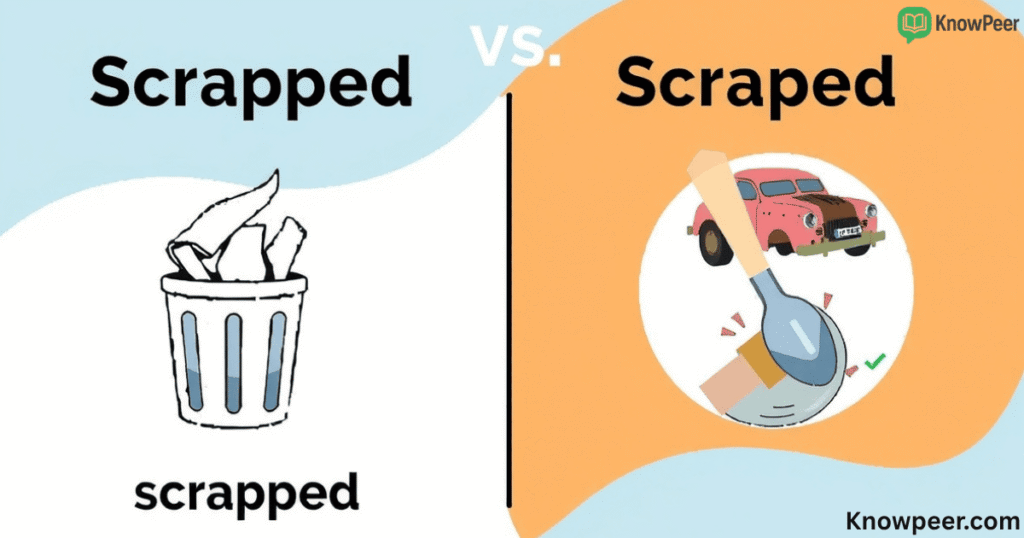When it comes to writing in English, even simple words can cause a lot of confusion. One of the most common errors many people make is typing priviledge instead of privilege. The difference may seem small, but using the wrong spelling can make your writing look unprofessional. Whether you are a student, a professional, or just someone who wants to write correctly, it’s important to know the right form. The debate of priviledge or privilege has existed for years, yet the answer is very clear. In this article, you will learn the correct spelling privilege, its meaning, its history, and why so many people make this mistake.
Understanding spelling rules is not just about looking smart on paper. It’s also about being confident in how you communicate. When you use the right spelling, readers take your work more seriously. In fact, spelling errors like priviledge spelling mistakes can reduce credibility, especially in academic and professional settings. By the end of this article, you’ll know exactly is it privilege or priviledge, how to avoid common errors, and how to use the word correctly in sentences. Let’s dive in and settle the question once and for all.
Priviledge vs Privilege — Which Is Correct?
The clear answer is that privilege is the only correct spelling. Dictionaries such as Oxford and Merriam-Webster both list privilege definition as a noun that refers to a special right, benefit, or advantage granted to someone. On the other hand, priviledge is not found in any dictionary. It is considered an error and should not be used in professional writing. Writers often ask, “is it privilege or priviledge?” The truth is simple: only one spelling is valid.
So why does this confusion even exist? The reason lies in the way the word sounds. Many people pronounce it with a “d” sound in the middle, which leads to the incorrect form. This makes priviledge spelling mistakes one of the most common spelling errors in English. Phonetic confusion, especially with words like “knowledge” or “college” that end with “-ledge,” makes the error even more frequent. But in formal writing, the privilege of correct spelling in English is the only acceptable form.
Definition and Usage of Privilege
The meaning of privilege in English is tied to rights, advantages, or benefits that are not available to everyone. According to Oxford, privilege definition refers to a special right or honor enjoyed by a group or an individual. In law and society, the word is often used to describe advantages linked with status, wealth, or power. For example, “Access to education is considered a privilege in many countries.” The word can also mean an honor or pleasure, such as in the sentence, “It was a privilege to meet the author.”
Grammatically, privilege grammar usage works both as a noun and sometimes as a verb. As a verb, it means to grant a right or special status to someone. For instance, “The committee privileged her with the final vote.” While less common, this verb form exists in academic and legal contexts. Knowing this makes you more confident in identifying the right privilege in a sentence across different settings.
Why Do People Misspell It as Priviledge?
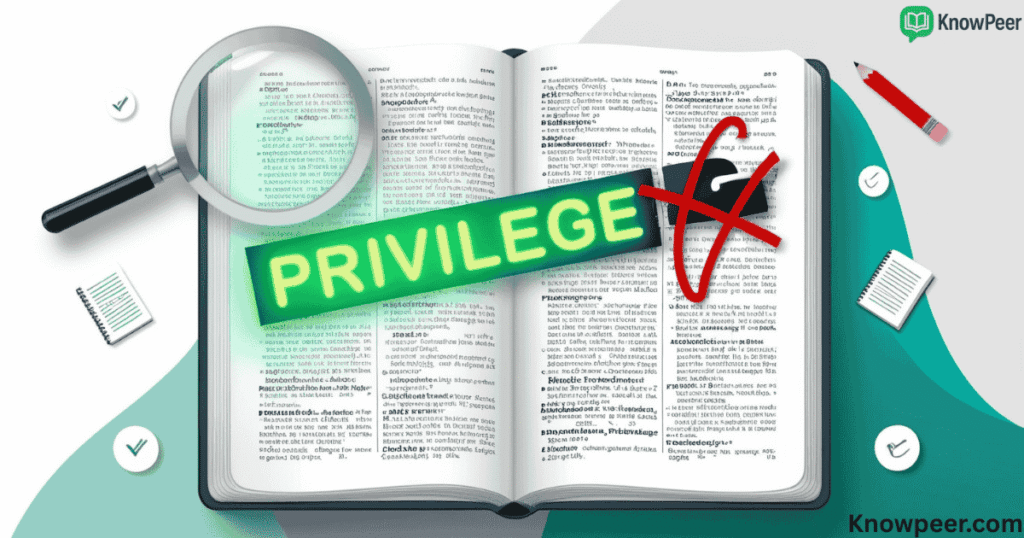
The spelling mistake is mainly phonetic. Many people hear the middle part of the word and imagine there should be a “d” sound, so they write priviledge instead of privilege. This is the root of the priviledge vs privilege confusion. In English, words like “knowledge,” “acknowledge,” and “college” may unconsciously influence the way we spell. Because of these patterns, the brain assumes “privilege” should follow the same path, leading to common spelling mistakes.
Another factor is history. In the past, English had spelling variations, but the current accepted standard across dictionaries is privileged. Some learners think the wrong form may be a regional spelling, but that is not true. Why priviledge is wrong is simple: no dictionary, style guide, or linguistic authority supports it. Once you understand that, you’ll find it easier to break the habit of misspelling.
Correct Forms You Need to Know
The root word privilege can take different grammatical forms. The adjective form is privileged, which describes someone who has special advantages. For example, “He felt privileged to attend the private event.” Many writers wrongly spell it as priviledged, which is not correct. Similarly, the plural form is privileges, as in “The workers demanded more privileges.” Once again, some mistakenly write privileges, which is incorrect.
To make this clearer, here’s a quick comparison table:
| Word Form | Correct Spelling | Wrong Spelling | Example Sentence |
| Singular noun | Privilege | Priviledge | Education is a privilege. |
| Adjective | Privileged | Priviledged | She felt privileged to be chosen. |
| Plural noun | Privileges | Priviledges | Workers fought for their privileges. |
This table shows the correct forms of privilege and highlights how often people fall into the same mistakes. Keeping these differences in mind will help you avoid errors in your own writing.
Examples of Privilege in Real Sentences
Seeing words in context is the best way to learn spelling. When you write “privilege in a sentence,” you see not only the spelling but also the grammar. Here are a few real examples of how the word is used:
“It is a privilege to vote in democratic countries.”
“Serving as president was the greatest privilege of his life.”
“They enjoyed special privileges that others did not.”
On the other hand, incorrect sentences show why the spelling matters. Sentences like “She had the priviledge to travel abroad” or “Students have many privileges at school” immediately look unprofessional. Proofreaders, teachers, and employers notice such errors quickly. That is why professional writing and spelling accuracy matter so much.
How to Remember the Correct Spelling
The easiest way to avoid priviledge spelling mistakes is to use memory tricks. A helpful mnemonic for spelling privilege is: “Privilege has no D in the middle.” Another simple tip is to break the word into parts: pri-vi-lege. By focusing on the last part, “-lege,” instead of “-ledge,” you’ll reduce confusion. These spelling tips and tricks are powerful tools for both native speakers and learners.
Autocorrect can sometimes fix this mistake, but relying too much on technology is risky. Programs may not always catch it, especially if you turn off spellcheck. Instead, train your memory with repetition. The more often you practice writing privilege correct spelling in English, the more natural it will feel. These habits are key in avoiding writing mistakes in academic English and ensuring polished communication.
Common Questions About Privilege vs Priviledge
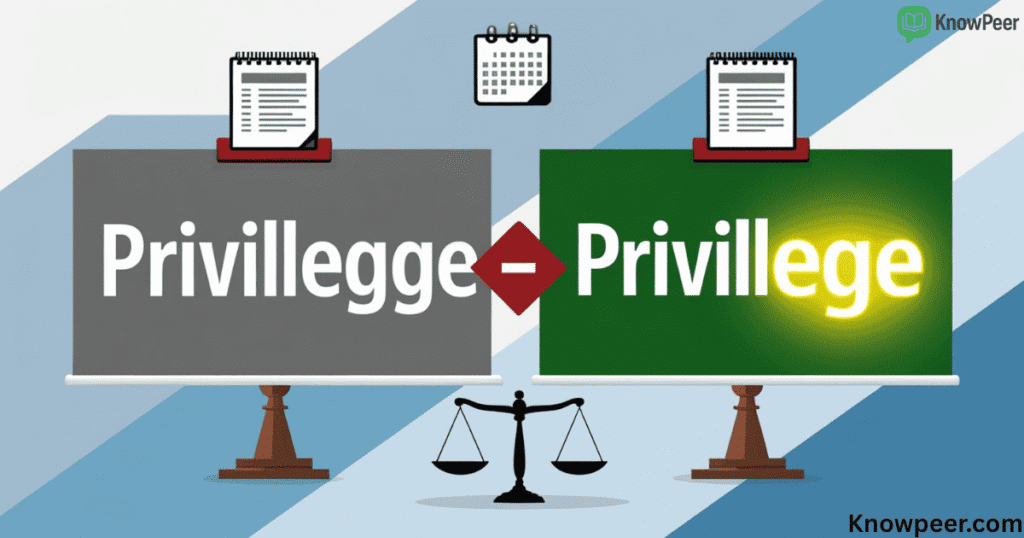
A frequent question is whether “priviledge” is ever acceptable in English. The answer is no. It is not listed in Oxford, Merriam-Webster, or any standard dictionary. Another question is whether the error could be a regional spelling. Again, the answer is no. There are no variations between American, British, or Canadian English for this word. It is always a privilege.
People also ask why the error persists online. The reason lies in the frequency of informal writing on social media. When people type fast, they do not notice errors. Over time, seeing priviledge spelling mistakes repeatedly makes some assume it’s correct. That’s why checking trusted sources is crucial. Only the dictionary accepted spelling privilege should guide your usage.
Conclusion
In the debate of priviledge or privilege, only one form wins. Privilege is the correct spelling privilege and the only one recognized by dictionaries worldwide. Whether you use it as a noun, verb, or adjective, always keep in mind that privilege word origin comes from the Latin “privus” meaning private and “lex” meaning law. That’s why its ending is “-lege,” not “-ledge.” Once you know the Latin root of privilege (privus + lex), remembering the word becomes much easier.
Using the right spelling is about more than grammar. It reflects professionalism, education, and respect for language. From academic essays to business emails, accuracy matters. Avoiding common English spelling errors like priviledge spelling mistakes helps you stand out as a confident writer. In the end, spelling is a small detail with a big impact. So the next time you write, remember the simple rule: it’s always privilege, never priviledge.

